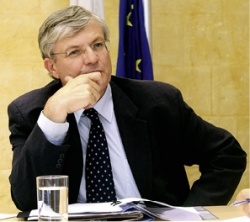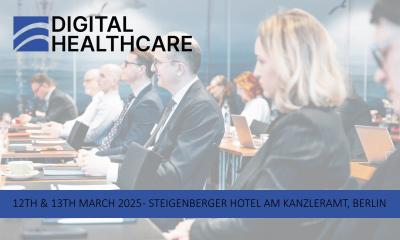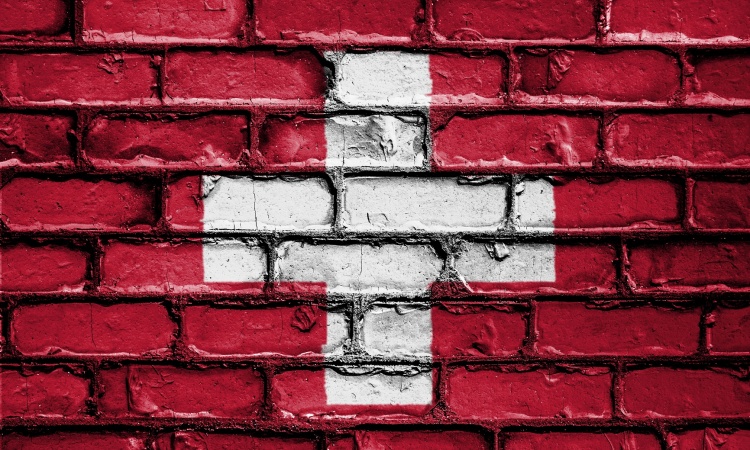The Europe we want
Two years ago, following John Dalli’s resignation as Commissioner for Health and Consumer Affairs, Tonio Borg was appointed to that role by the Council of the European Commission.

About a year ago, the title changed to Commissioner for Health. Soon he will reach the end of his term of office (31 October). Catching up with her impressive fellow Maltese during the 17th European Health Forum in Gastein, EH correspondent Moira Mizzi asked for his views on health in Europe today and what he believes has been achieved in recent years
Bad Gastein in Austria is a health resort, thus the ideal setting to host the 17th European Health Forum in the first days of October this year. Heralded by the slogan Electing Health – The Europe We Want, the conference aims to reflect on opportunities and risks for health in light of the outcome of the recent European elections, and to discuss how to maintain and improve the health of European citizens.
After almost two years at the helm of the European Commission for Health, Dr Tonio Borg believes that the one main item that should feature on the conference agenda is the sustainability of our health systems. ‘Despite the marked progress in the health sector in recent decades, we cannot put our collective minds at rest about our health systems, no matter which parties, sceptical or otherwise, occupy the European Parliament,’ he insists. ‘We only have to look at the burden that chronic disease is putting on health budgets in most member states, not to mention the widening gap in equality in health care in many others, to put us in a constant state of vigilance.’
Dr Borg stresses that, in health matters, Europe still cannot be viewed as a Union unless this state of affairs is addressed. ‘We are still devoting only 3% of our expenditure to prevention, when a marginal increase in this budgetary measure could result in such an exponential improvement in our health statistics especially in the low socio-economic groups,’ he asserts emphatically. He also stresses the importance of pushing further the cross-border healthcare strategy including the second eHealth Action Plan 2012-2020, which focuses, amongst other issues, on supporting research, promoting international cooperation and achieving wider interoperability of e-health services.
According to Dr Borg, one of the major hurdles he faces is his lack of power to change trends. ‘My main strategies lie in the use of soft law options and political pressure to raise awareness and get things moving,’ he explains. ‘While I’m all for allowing subsidiarity to the Member States to give them more freedom to take care of their health systems, I believe that some issues, such as certain cross-border health threats, should be coordinated at a central level.’
Another bone to contend with in the Commissioner’s agenda is the migration of healthcare professionals both within and outside the perimeter of the European zone. The Commissioner, however, is clear in his stand where freedom of movement is concerned. ‘In my opinion full freedom of movement in the EU should be allowed, namely for people, goods, capital and services; it is after all, a core principle, enshrined in the EU treaties,’ he asserts.
Despite this clear-cut position, Dr Borg admits that he cannot ignore the havoc this migration causes in a number of health systems, especially those where the health inequality gap is at its widest. ‘We have estimated that, by 2020, we would need around one million healthcare professionals if we aim to run our health systems efficiently; and the number doubles if old people’s homes are added to the equation,’ he explains. ‘As a result, we need to ask the collective question of whether the citizens actually want to work in the health sector and then gear up the educational system to prepare and guide them accordingly.’ He also agreed that there should be a harmonised minimum requirements system to facilitate, yet regulate the integration of foreign doctors within different European states.
With his position in the European Commission at its twilight, Dr Borg looks with satisfaction at what he has managed to achieve in his stunted legislature. The passing of the Tobacco Directive before the dissolution of the European Parliament and the Clinical Trials Regulation, and the implementation of the cross-border healthcare Directive and the joint procurement agreement on vaccines, by far meet his greatest satisfaction – not to mention the various awareness campaigns on inequality and discrimination, and chronic disease prevention.
Despite this, he acknowledges that there is still a lot to be achieved in the way of making healthy food more accessible by decreasing its price and possibly by taxing the unhealthy alternative.
He also regrets not having more time to raise greater awareness and implement more measures in the battle against anti-microbial resistance, although some awareness on the problem has been achieved and the subject will assume more importance politically in the very near future.
With his deadline of 2020 looming at an ominously close range (31 October), Dr Borg – and we – can only hope that his successor will choose to follow in his footsteps to guarantee that our health is safeguarded at all times.
Profile:
A law graduate, Dr Tonio Borg’s many titles have included EU Commissioner for Health, Deputy Prime Minister of Malta, Minister for Foreign Affairs, Minister of Home Affairs, Minister of Justice, EU Commissioner for Malta, Deputy Leader of the Nationalist Party, member of the Barroso Commission and lecturer in public law at the University of Malta.
01.10.2014





